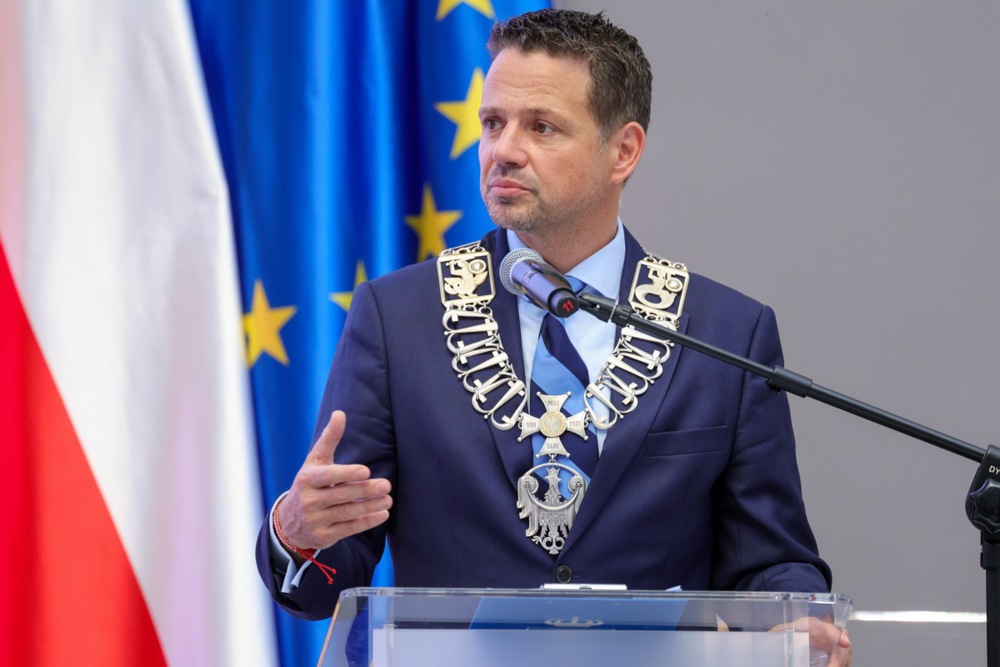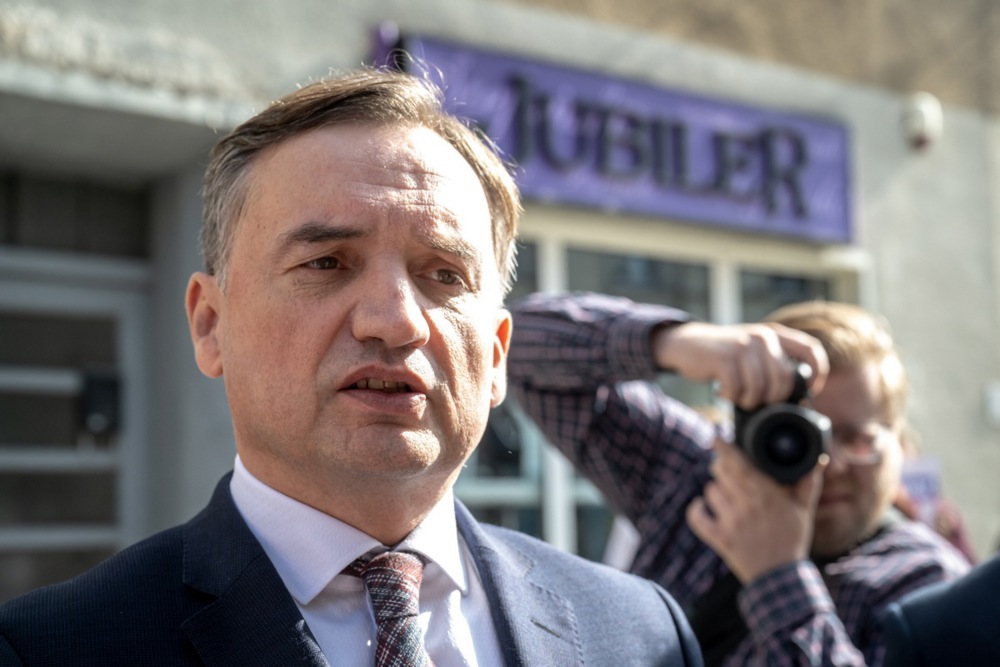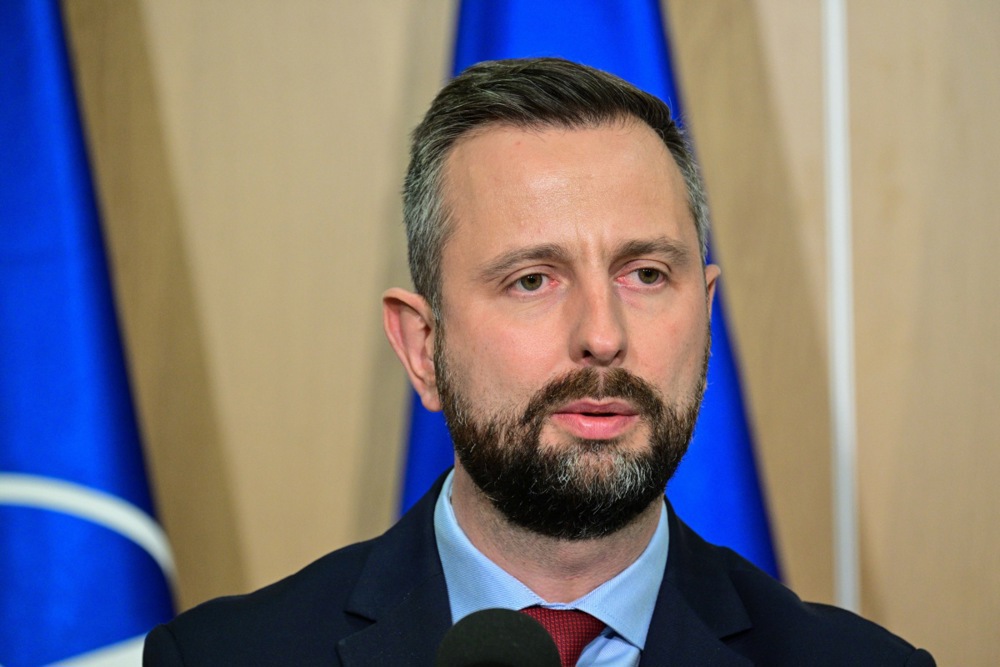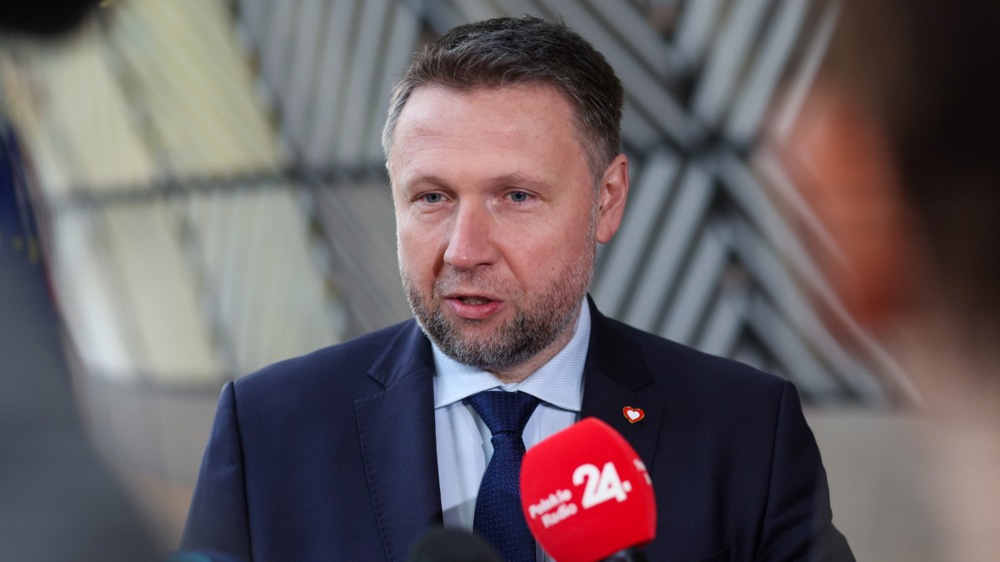Poland’s main opposition force, the Conservatives (PiS), has submitted draft legislation to parliament that would ban the propagation of “Banderism”, meaning the glorification of the late Ukrainian nationalist leader Stepan Bandera and the ideas he espoused.
PiS said it wanted to add to the present law outlawing totalitarian ideologies to include “the ideology of the Organisation of Ukrainian Nationalists Bandera faction (OUN) and the Ukrainian Liberation Army (UPA), which led to genocide in Volhynia and neighbouring regions in 1943”.
Bandera, who died in 1959, was the hard-right leader of the radical militant wing of the OUN. He is regarded as a national hero by many Ukrainians, who are by far Poland’s largest minority, numbering over one million people.
The legislation, should it be passed, would mean “Banderism” would, like instances of Nazism, fascism and Communism, be punishable under Polish law by up to three years in prison.
In 2018, the Polish parliament had approved legislation that punished denial of crimes committed by Ukrainian nationalists but it was overturned by Poland’s constitutional court in 2019, which found that the term “Ukrainian nationalists” had not been precisely defined.
Announcing the latest PiS move in parliament on December 3, Mariusz Błaszczak, the head of its parliamentary caucus, said: “Banderism was an ideology that was used as a justification for the Volhynia genocide committed against Poles by Ukrainian nationalists during World War Two,” adding: “Banderism and Banderite symbols should not be propagated.”
Former education minister in the previous PiS government Przemysław Czarnek MP justified the proposal, telling the Polish Press Agency (PAP): “Just as we do not allow the glorification of Hitler, we should not allow Ukrainians in Poland to glorify Bandera.”
Bandera was widely regarded as responsible for the Volhynia massacre in 1943 that claimed the lives of around 100,000 Poles and was perpetrated by the UPA, the military wing of the OUN.
While Poland has officially declared the Volhynia massacres to be a genocide, Ukraine has rejected the use of that term.
The PiS stated: “Today’s Ukraine continues to pursue a historical policy that denies the fact, and in particular the scale, of the genocide committed by the OUN and UPA.”
The proposed legislation document points specifically to an incident earlier this year when the then-Ukrainian foreign minister Dmytro Kuleba equated the Volhynia massacre with the post-war resettlement of ethnic Ukrainians in Poland. He also said Ukraine’s attitude was “all the more glaring, outrageous and harmful” given the “enormous military, material and humanitarian aid” Poland has provided Kyiv since Russia’s invasion in 2022.
The Volhynia issue has soured relations between Poland and Ukraine, with some Polish officials suggesting that it could negatively affect Ukraine’s accession to the European Union.
Progress on resolving the issue was signalled in late November when Ukraine agreed to resume exhumations of the remains of Polish victims but it was later acknowledged that practical details of this were still under discussion.
That was picked up on by Czarnek who, on December 4, said: “We do not need any more working groups, just consent to the applications submitted long ago to exhume the bodies”.





